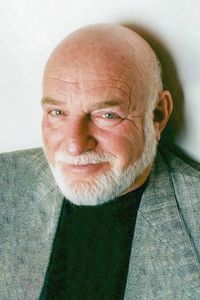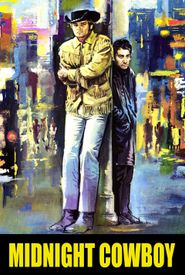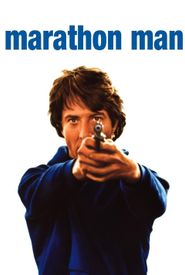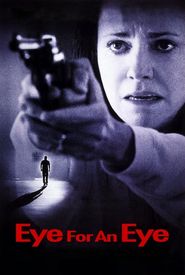John Schlesinger, a renowned Oscar-winning director, was born on February 16, 1926, in London, to a solidly middle-class Jewish family. His father, Bernard Schlesinger, was a pediatrician, and his mother, Winifred, was a musician. John was the eldest child and developed an interest in photography while attending Balliol College at Oxford.
During World War II, John served in the Army in the Far East, and after the war, he attended Oxford, where he was involved with the Undergraduate Dramatic Society. He made his first short film, "Black Legend," in 1948. After taking his degree in English literature in 1950, John went into television and made documentaries for the British Broadcasting Corp. from 1958 to 1961.
His 1961 documentary, "Terminus," won him a British Academy Award and the Gold Lion at the Venice Film Festival. John's transition to feature films in 1962 was marked by the "kitchen sink" drama "A Kind of Loving," which gained him recognition on both sides of the Atlantic. He collaborated with actress Julie Christie on several films, including "Billy Liar" (1963),"Darling" (1965),and "Far from the Madding Crowd" (1967).
John's next film, "Midnight Cowboy" (1969),earned him widespread acclaim and an Oscar for Best Director. He received his third and last Oscar nomination for the highly acclaimed "Sunday Bloody Sunday" (1971). John continued to work on a range of films, including "The Day of the Locust" (1975),"Marathon Man" (1976),and "Yanks" (1979),but his 1981 comedy "Honky Tonk Freeway" was a notable flop.
After his movie career slowed down, John focused on directing for the stage and opera. He directed plays, musicals, and opera productions, including William Shakespeare's "Timon of Athens" for the Royal Shakespeare Company in 1964. John was an associate director of the National Theatre under Sir Peter Hall from 1973.
John suffered a stroke in December 2000 and died on July 24, 2003, in Palm Springs, California, at the age of 77.
























































